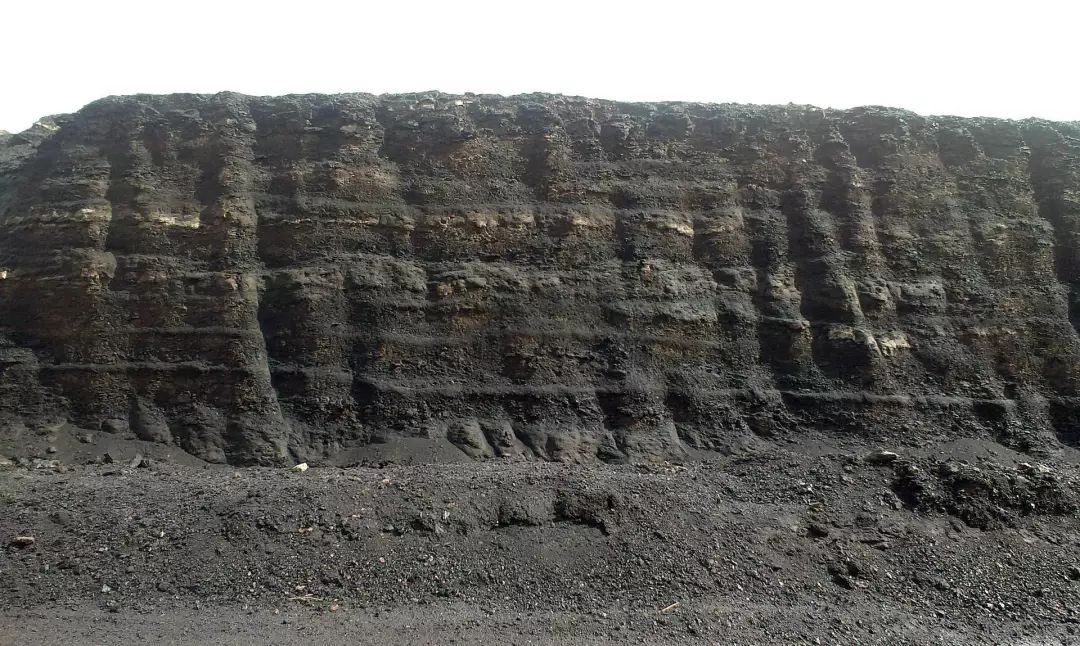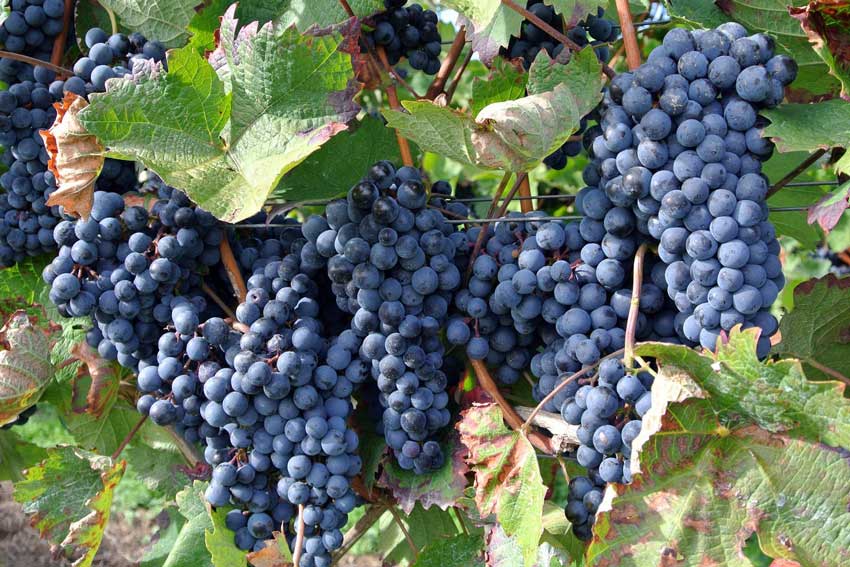Why root growth is important for plants?
The root is the most important organ of the plant. The most core part of the root is the root tip. Which can sense the external environment and send signals to guide the plant’s nutrient absorption and hormone synthesis. Of the five endogenous hormones in plants, only auxin is mainly produced by the new leaves and tissues in the upper part of the crop, and the other four plant growth regulators are produced by the root tip.
In this area, oxygen consumption is the largest in the entire plant, and there is an action potential signal similar to human brain when it exchanges information. Therefore, people call the root tip the “plant’s brain”.
Deep roots can make the crop leafy, and the quality of the root system determines the final yield and quality. However, after each new root go by a 14-day growth cycle, its function will gradually decline until death. How to stimulate new roots to continue to produce and maintain root health is very important.
 Humic substances can stimulate plant root growth.
Humic substances can stimulate plant root growth.
The division and differentiation of plant root cells require the combined action of auxin and mitogen to complete. Because of the main parts of auxin production are the new leaves and tissues in the upper part of the crop, auxin needs to be continuously transported to the root under the action of gravity and self-regulation.
At this time, although a large amount of mitogens are produced in the roots, it is difficult to continuously generate new roots because there is not enough auxin to work together, especially under environmental stress. At this time, soil humic acid can play a very good role on root growth.
The effect of humic acid (humic substances) on root growth has been confirmed from a large number of experimental studies. In general, the stimulating effect of humic acid on roots is greater than that of stems and leaves.
Research experiments have shown that adding a small amount of humic acid to the hydroponic medium can increase the root length of corn by 500%, and the dry and fresh weights of the roots also increase significantly.
More tests have shown that humic acid (humic substances) has auxin activity. Detailed research shows that humic acid promotes cell elongation more than cell division, while fulvic acid has a more obvious effect on cell division.
The highly active humic acid fertilizer we apply to the soil contains both fulvic acid and palmitic acid (humic acid), so it can synergistically stimulate the crop to produce new roots, so that the crop’s root system can always stay healthy, and it can improve the absorption and utilization of water and nutrients.







